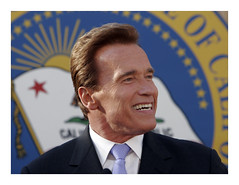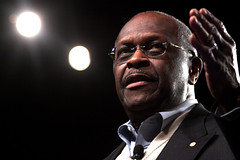Don’t Stifle Social Media After UK Riots
British Prime Minister David Cameron said Parliament is exploring ways to ban social media during situations of widespread emergencies like the riots that have swept the country for the last weeks.
Speaking in the House Of Commons on Thursday, he said:
Mr Speaker, everyone watching these horrific actions will be stuck by how they were organised via social media.
Free flow of information can be used for good. But it can also be used for ill.
And when people are using social media for violence we need to stop them.
So we are working with the Police, the intelligence services and industry to look at whether it would be right to stop people communicating via these websites and services when we know they are plotting violence, disorder and criminality.
Logistically, it may be impossible and his statement may have just been “bravado,” but it’s a bad idea to suggest that stifling or banning communication over social networks is a good tool to fight crime.
Laws over speech and expression in the UK are different than in the US. The libel laws are much stricter, and you can’t even make fun of a session of Parliament even when they’re being complimented by comedians like Jon Stewart (see below). Those differences aren’t reasons for a Western democracy to restrict free speech like a dictatorship. Fighting and preventing crime is a priority in any country, but things get tricky when you’re dealing with speech. One person’s threatening language is another’s good idea.
Journalism professor Jeff Jarvis wrote this about Cameron’s suggestion to block social media: “When anyone’s speech is not free, no one’s speech is free…Censorship is not the path to civility. Only speech is.”
A clip from The Daily Show With John Stewart.

